“Reciprocal” tariffs removed, but sectoral tariffs remain
The Court of International Trade’s cision ruling out the implementation of general 10% reciprocal tariffs effectively prevents the U.S. from imposing permanent blanket duties. However, sector-specific tariffs on industries like automotive and steel/aluminum remain in effect. While this does not impact the U.K.-U.S. trade agreement, it continues to pose a serious risk for the E.U. SteelRadar sources note that the U.S. maintains a tough stance on trade policy, particularly under "Section 232," which authorizes tariffs of up to 50% on certain imports. Analysts warn that U.S. courts grant broad powers to the executive branch on this matter, raising concerns of a potential new trade war.
Industry representatives speaking to SteelRadar emphasize that the tariffs imposed by the U.S. are ultimately paid by the importing company. If an international court were to deem such tariffs unlawful, affected countries would not receive direct compensation or refunds — a detail that has not gone unnoticed.
Turkish steel industry faces a critical test amid U.S. tariff threat
Yalçın Ertan, Chairman of the Aegean Ferrous and Non-Ferrous Metals Exporters’ Association, described the U.S. threat to double tariffs on Turkish steel from 25% to 50% as a major concern. A similar measure in 2018 led to a 71% decline in Turkish steel exports to the U.S., dropping from 2.4 million tons to just 450 thousand tons annually. Ertan warned that “the U.S. market may close completely,” noting that while the industry is seeking alternative markets, these bring fresh challenges in terms of logistics, financing, and competition.
Meanwhile, the American Iron and Steel Institute (AISI) supports the tariff hike, arguing that it is necessary to shield U.S. producers amid increasing global overcapacity and rising exports from China. AISI CEO Kevin Dempsey defended the tariffs as essential in the face of China’s steel surge.
Turkish and other European producers exporting to the U.S. with 25% tariffs have indicated their willingness to subsidize production costs to remain competitive. In ongoing negotiations for OCTG, producers have signaled readiness to offer such subsidies. In light of recent developments, the possibility of price subsidies in response to a potential 50% tariff is also being explored.
European steel industry under pressure as well
The implications of U.S. tariff hikes extend beyond the Turkish-American context, placing immense pressure on Europe’s steel industry as well. Kerstin Maria Rippel, Managing Director of the German Steel Federation, warned of a new strain in transatlantic trade relations that could burden the European economy. She pointed out that countries excluded from the U.S. market due to high tariffs may shift their focus to Europe, intensifying import pressure across the continent.
Yet, European industry players say another pressing issue is the lack of controls on imports from Russia and Asia. For instance, billet imports from China are arriving at nearly scrap price levels, creating a fundamental problem for domestic producers and distorting price competition.
Currently, one-third of steel consumed in Europe is imported, with a significant portion coming from Russia. Sources speaking to SteelRadar emphasized the urgent need for robust trade defense mechanisms and bilateral agreements with the U.S. to support the European steel sector.
Alternative strategies emerge
In the U.S. steel market, it is reported that Chinese and Russian products are entering via Mexico and Canada after undergoing minor processing. A similar approach may soon be adopted by Turkish producers heavily reliant on the U.S. market.
In Europe, the indirect effects of U.S. tariffs are compounding import pressure and placing further strain on local manufacturers. These developments are prompting the E.U. to consider stricter trade defense measures, as the U.S.'s aggressive policies and court decisions open the door to new volatility in global trade.


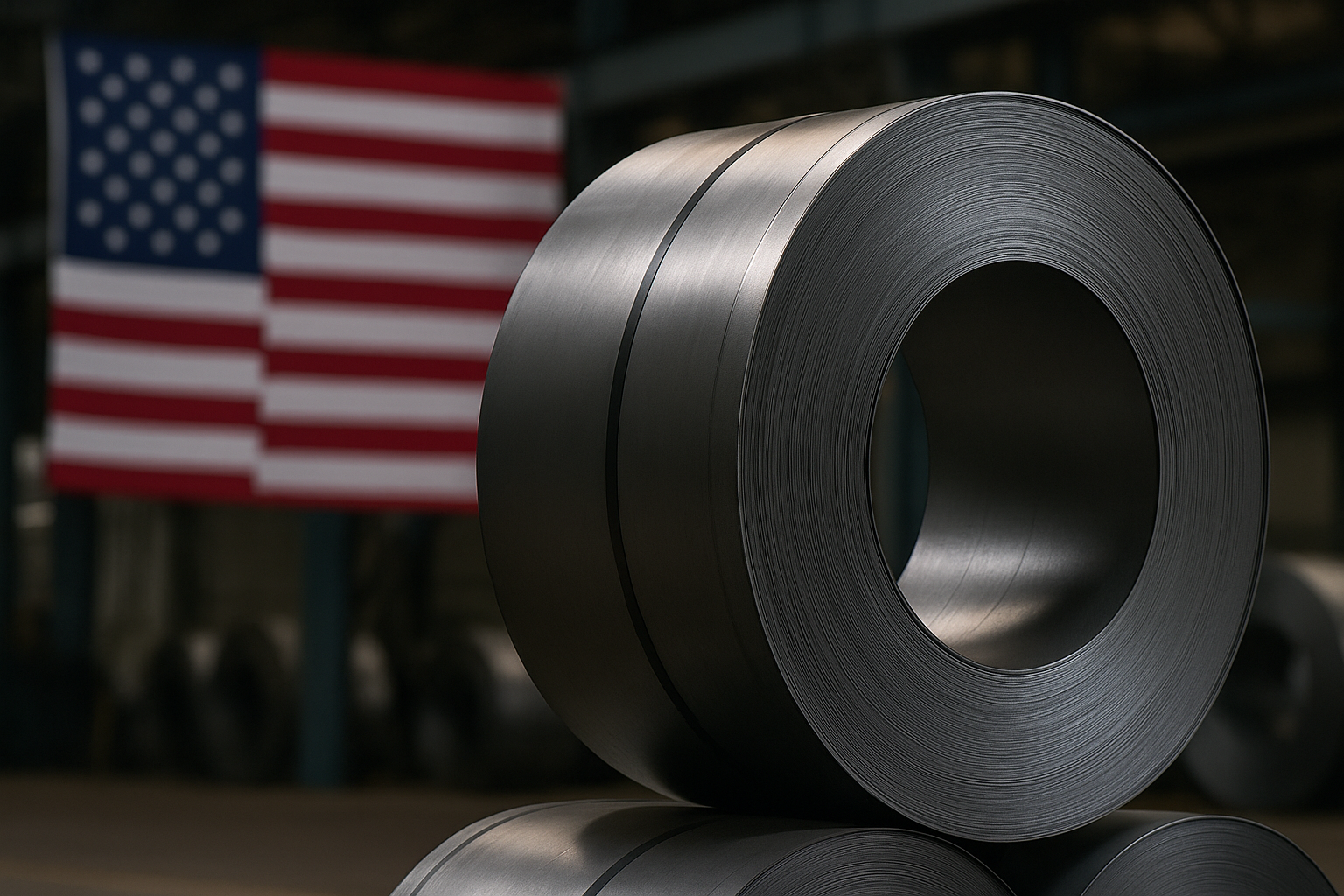

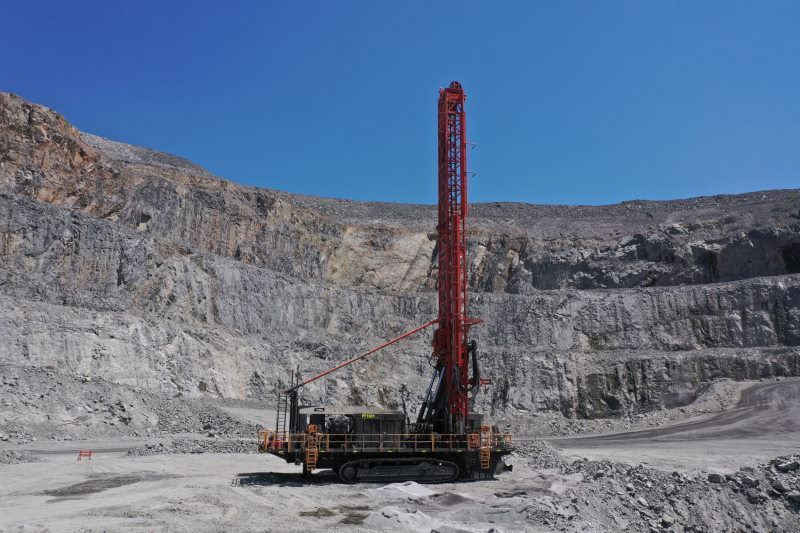
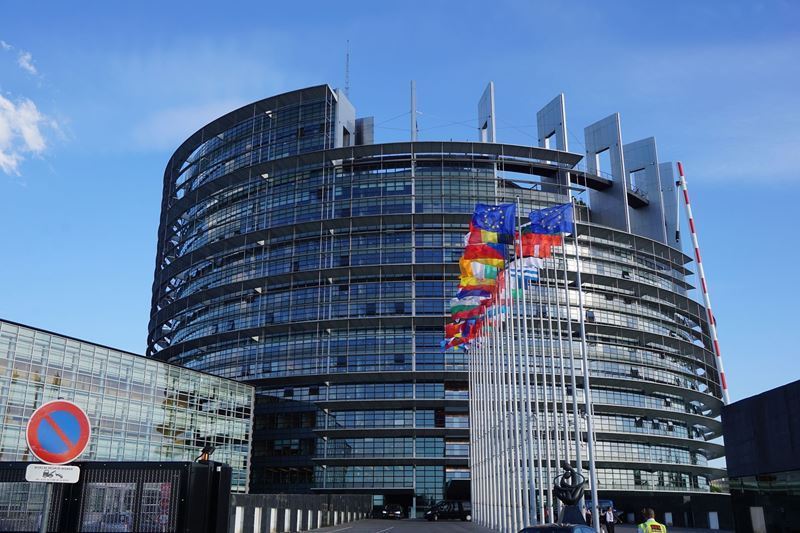
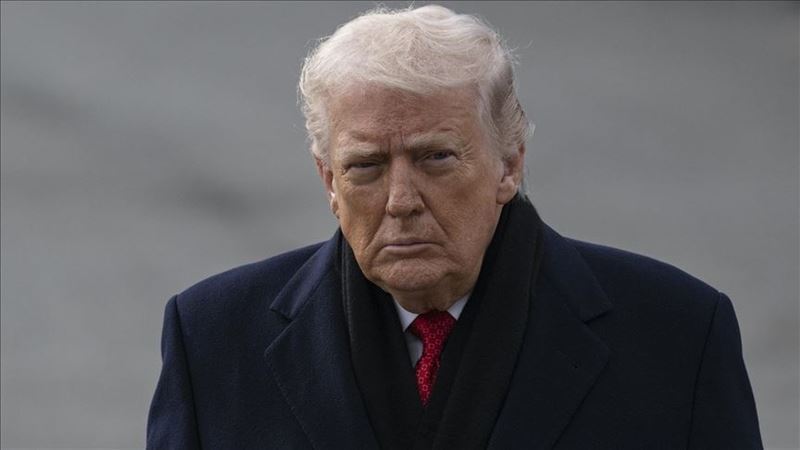
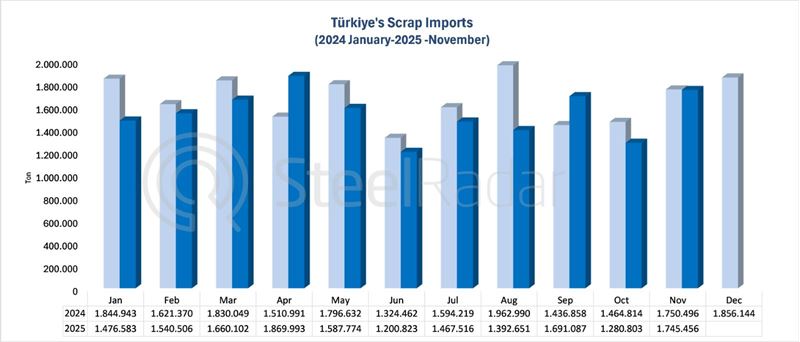


Comments
No comment yet.